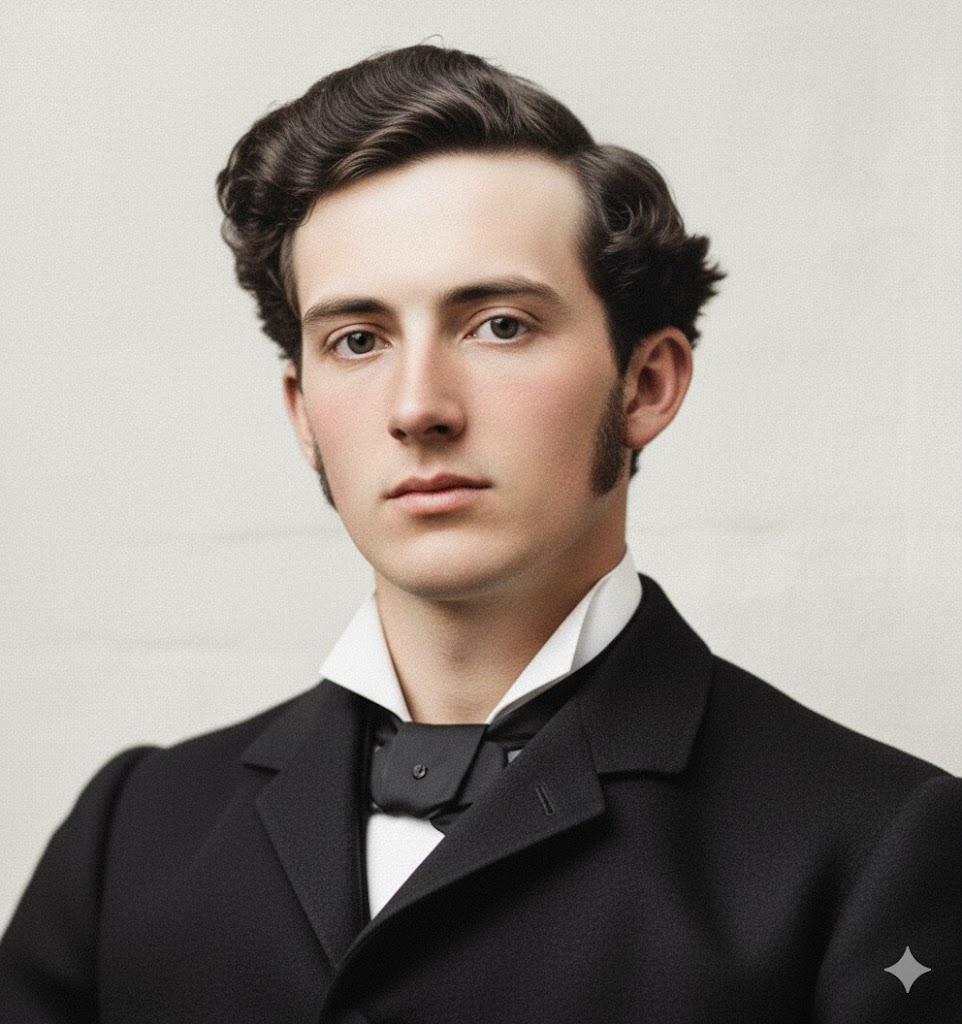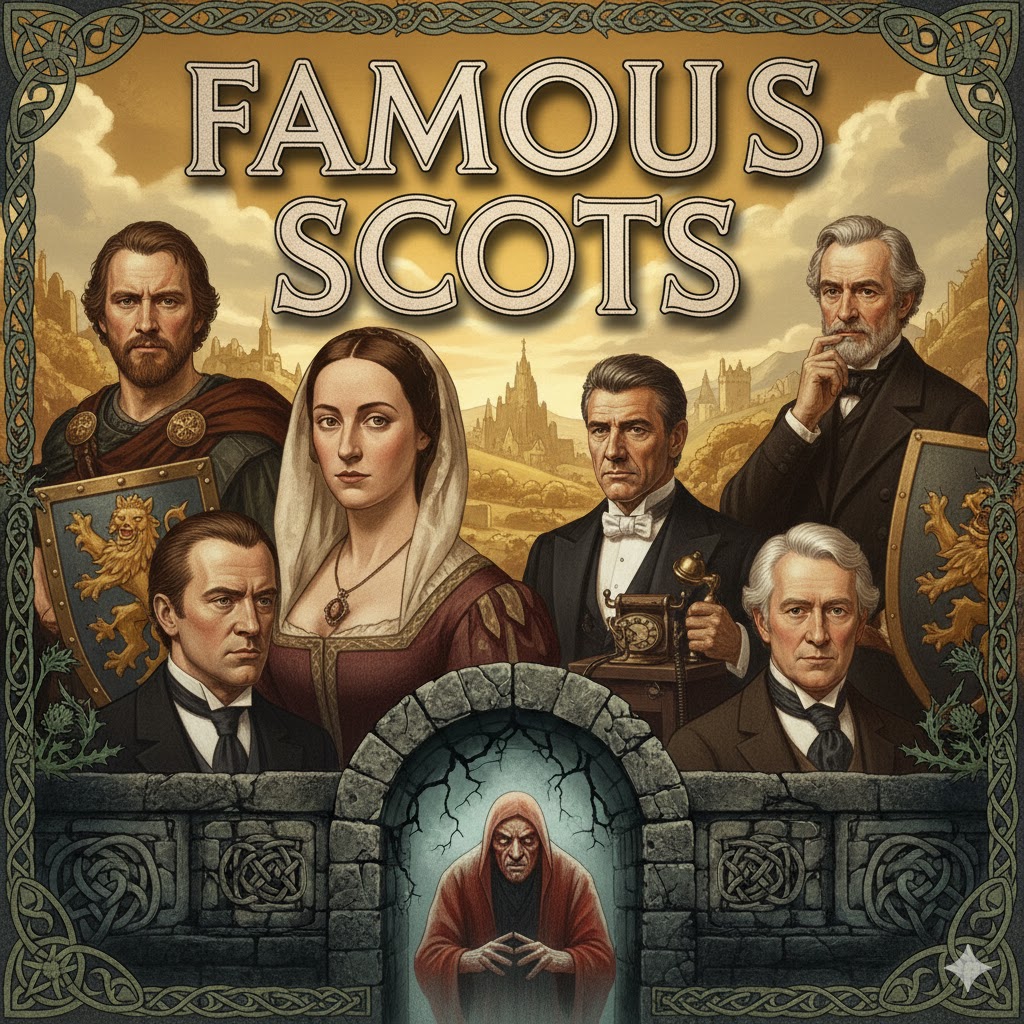Famous Scots. Hamish MacCunn.

Hamish MacCunn (born James MacCunn, 1868–1916) was a prominent Scottish Romantic composer, conductor, and teacher. He is considered one of the key figures in the Scottish musical revival of the late 19th and early 20th centuries.
His works are known for their distinct Scottish colouring and use of folk themes, reflecting his deep love for his homeland despite living and working primarily in London.
Key Contributions and Works
- The Land of the Mountain and the Flood (1887): This concert overture is, by far, his most famous and enduring work. Composed when he was only 19, it immediately established his reputation and is considered a quintessential piece of Scottish descriptive music. It was famously used as the theme tune for the 1970s BBC TV series, Sutherland’s Law.
- Opera: He composed several significant operas, two of which achieved notable success:
- Jeanie Deans (1894): Based on Sir Walter Scott’s novel The Heart of Midlothian.
- Diarmid (1897): Based on heroic Celtic legends.
- Conductor and Teacher: MacCunn was also a highly respected conductor, leading companies like the Carl Rosa Opera Company. He was instrumental in conducting early English-language productions of Wagner’s operas in Britain. He also held teaching posts at the Royal College of Music and the Guildhall School of Music.
- Early Success: He was one of the first students to win a composition scholarship to the newly established Royal College of Music in London at the age of 15, studying under figures like Sir Hubert Parry and Sir Charles Villiers Stanford.
MacCunn died young at age 48, having over-worked himself with composing, conducting, and teaching.
Views: 5
Discover more from WILLIAMS WRITINGS.
Subscribe to get the latest posts sent to your email.













Thank you, Billy, for giving me an occasion to reflect upon The Romantic Era in music
“The Romantic era, spanning the late 18th to early 20th centuries, was a period of profound emotional expression and innovation in Western classical music. This era saw composers break away from the strict forms and structures of the Classical period, embracing a more personal and dramatic style that emphasized individualism, nature, and the sublime.”
In fact, the Romantic Era in music saw the degradation of musical composition in terms of its quality and theme and the gradual dying of the Classical Era in music, when it entering the threshold of modern music , embracing the modern ideology such as individualism.
absolutely agree with you there Davido, thank you for this wonderful review and your understanding on this post, have a great day.
A wonderfully insightful post. You’ve captured not just MacCunn’s musical legacy, but the spirit of a cultural revival—his love for Scotland resonates beautifully through your words.
He was a great man, thanks Hary.